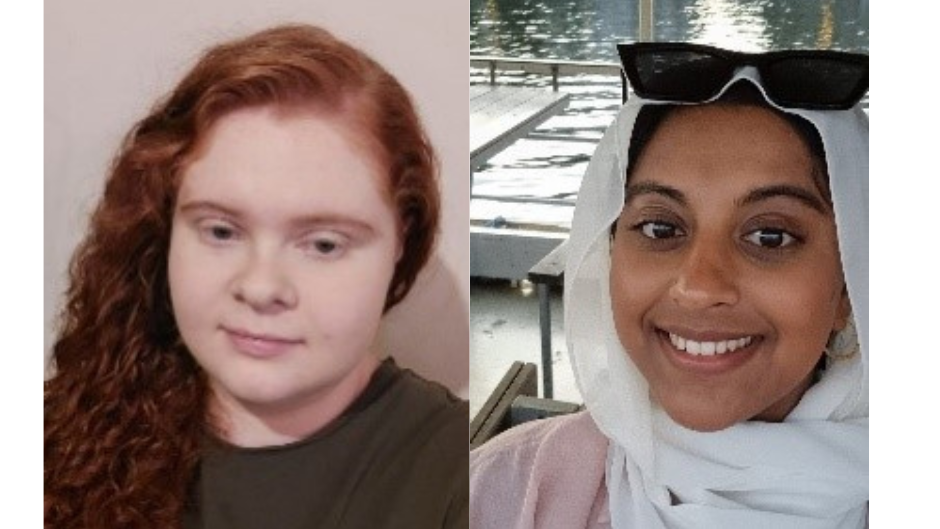Working with young people to address root causes of poor mental health
Kailo: A new research and design programme
The aim of Kailo is to help local communities, young people and public service partnerships better understand and address the root causes (and wider determinants) of young people’s mental health.
Our team is made up of leading academics, designers and practitioners, dedicated to working alongside communities in specific localities. Together, we will test and co-design evidence-based responses (in a ‘framework’) to these root causes, over the next four years.
Our model is formed of three key stages: Early Discovery; Deeper Discovery and Codesign; Prototyping, Implementation and Testing
The framework will be developed in two different communities to start with – Newham in East London, and rural Northern Devon. Through research, design and collaboration, we will discover opportunities for positive change in a way that supports young people’s mental health.
We spoke to Amelia Ahmed and Tanya Tew-Gunner about their roles as Community Researchers & Designers on the Kailo programme, and the importance of engaging young people, not only as service users, but also as service shapers.

What distinguishes Kailo from other mental health projects?
Kailo is led by young people. We have been hired to bring young people’s perspectives into the project. Kailo is also designed by the young people in our community. We listen to them instead of presenting them with what we think is best for them. The project is tailored by the community for the community.
What motivated you to join Kailo?
Growing up in Newham we knew that people here don’t always feel a lot of pride about being from this borough – there can be a lack of togetherness. Kailo is making our community a better place by being youth centred and by addressing root causes to improve the wellbeing and mental health of our young people.
The objective of the project is to bridge the gap between authorities and young people. Other organisations have access and funding, but they don’t know what we need. We know what we need, but often people are not brave enough to go out there and say what’s needed to help them. We joined Kailo to build connections with young people – our peers – to make our voice heard and say what young people in Newham need and how it should be delivered.
What is your role in the project and what do you think your contribution as a young person can be?
Our insights and perspectives as community researchers and designers are really valued as we are from the community and the age group for which the project is being designed. To know from residents like us what works and what doesn’t allows Kailo staff to access information which they can’t access themselves. This includes advice behind the scenes to ensure things that matter to our peers aren’t being missed.
In addition, we are from different parts from Newham. That matters as our experiences vary a lot. It’s important that these different experiences are fed back into the process.
What is the role of other young people in shaping the work of Kailo?
Young people are the ones we get our ideas from. We run focus groups to bring together a select group of young people to discuss and brainstorm ideas on how to make their own community better. Our community partners are involved in the process. This is about creating a level playing field and having realistic conversations about what can and can’t be done to improve the community, so that by the end of the project measures can be implemented for the long-term benefit of the borough.
How do you engage with young people and are there already emerging themes that highlight what matters most to young people?
We engage with young people through workshops. We are planning to visit community groups to find out what they know and don’t know yet to be able to support them better.
In terms of the emerging themes that matter to young people, Kailo has identified “activities to improve wellbeing” and reducing violence and crime as being key to improve young people’s mental health in Newham.
Young people are the ones we get our ideas from.
We run focus groups to bring together a select group of young people to discuss
and brainstorm ideas on how to make their own community better.
How else can young people in Newham get involved in Kailo?
We engage with young people through partnerships with organisations in the local community. We are also planning to try to reach out to young people via schools so that those who are less involved in local groups can also provide feedback on our ideas. That’s important as the young people currently engaging with us only represent a small proportion of the population of young people in Newham. We need to hear how the rest of the community feels about our proposals.
What would you like the programme to achieve in the coming years?
We hope that we can see some positive change that young people can benefit from and more community engagement in which young people can get involved. We want young people to be able to say that they don’t mind being from Newham and that there is lots going on in our borough. Hopefully, this change would include a reduction in the prevalence of poor mental health amongst young people in Newham.
UCLPartners is delivering Kailo as part of a wider research collaboration funded by the UK Prevention Research Partnership. The programme is being led by UCL and Dartington Service Design Labs, alongside Exeter University and the Anna Freud Centre. Our community partners in Newham are Fight For Peace, The Exit Foundation, Ambition Achieve Aspire, Caramel Rock and Newham Community Project.